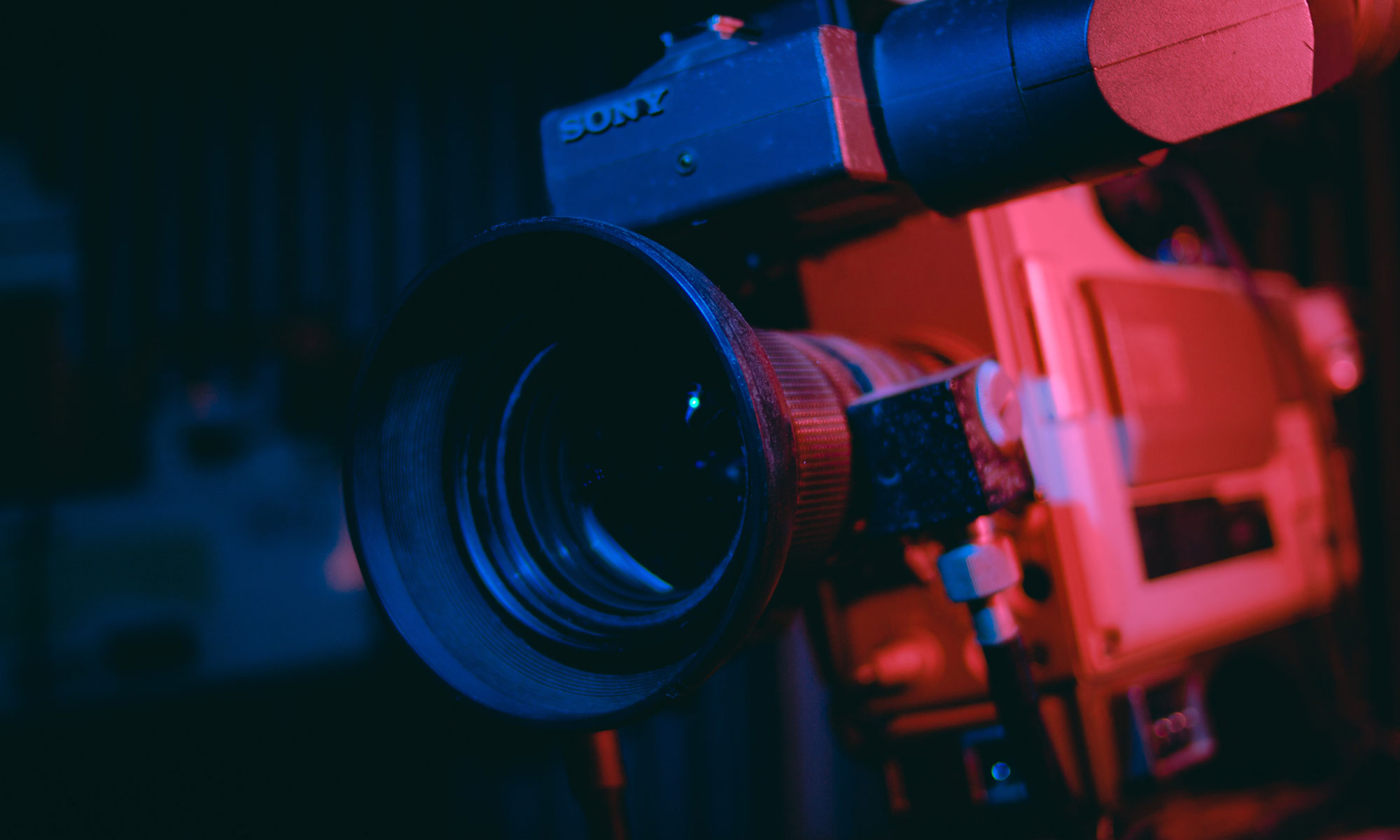Over the last few weeks there seems to have a been a flurry of “recorded statements” in response to major crises. To be clear, rather than put someone forward to be interviewed by the press, the boss records a statement and it’s posted on the website or via social channels.
Honestly, with my ex journo hat on. I think pre-recording statements is a cop out. To me it smacks of:
- not having an adequately trained spokesperson
- not having answers to legitimate questions
- being too scared to put your person in front of a hack
But with my comms hat on, I totally understand this approach.
- you don’t have to worry about your spokesperson being ripped apart
- you have control over what is said and when it’s said (though it can and will of course still be edited)
- you can talk directly to your audience
And yet each of the 3 examples below have their own problems.
Boeing 737
Boeing’s CEO, Denis Muilenburg (Duration: nearly 5 mins)
5 minutes is a very, very long time. But, the 737 Max story is significant. So many of the major US and UK TV news networks ran a 7-10 second clip of the response. Mr Muilenburg read from a script which was structured in the classic crisis response style – showing empathy, dealing with the facts and talking about what the company is doing. But on a crisis of this scale I think Boeing failed on empathy. And that’s my problem with these sorts of filmed statements. They have a tendency, performance wise to seem jilted, static, slow and far too formal.
Soldiers firing at photo of Jeremy Corbyn
Head of the Army, General Sir Mark Carleton-Smith (Duration: nearly 3 ½ mins)
General Sir Carleton-Smith stood hands on hips in what appeared to be a mocked up TV News studio (why?), lecturing viewers about the Army’s response to footage emerging of soldiers firing at a photograph of Jeremy Corbyn. Surely a man of Carleton-Smith’s experience should be able to handle a few tough questions from a journo? Surely, he’s had some media training? Ironically, I first read the statement in the paper, where I felt it was clear, focussed and strong on key messages. This did not come across in his slightly melodramatic yet emotionally unconvincing pre-recorded version.
Theresa May on Brexit
Theresa May (Duration: just over 2 mins)
PM @Theresa_May explains what’s happening with Brexit. pic.twitter.com/rHnROzm3SH
— UK Prime Minister (@10DowningStreet) April 7, 2019
I felt this was the best of a bad bunch. The apparent empathy for people’s frustration felt more authentic and heart felt. Once again this was too long but on this occasion I felt there were clear soundbites which resonated with the viewer.
So what’s the take away?
If you decide your ONLY option is to record a statement on camera:
- Make sure the spokesperson is trained and the production overseen by someone with broadcast experience.
- Keep it short. 30 secs, max. Even then it’s going to be edited.
- Direct people (by that I mean consumers, journalists etc) to a location where their questions will be answered quickly and honestly.






